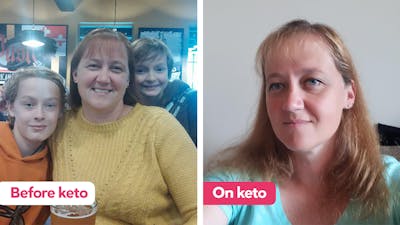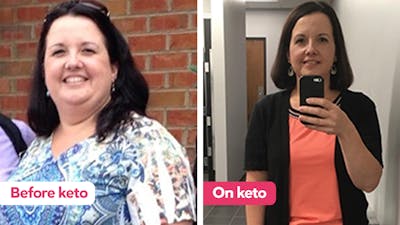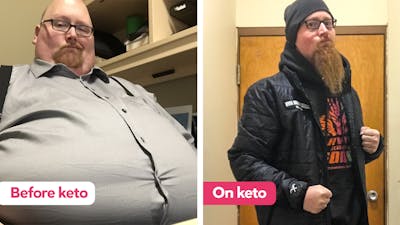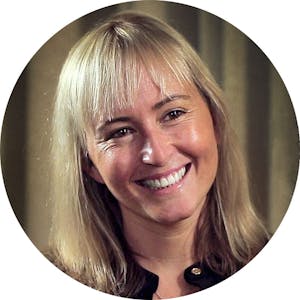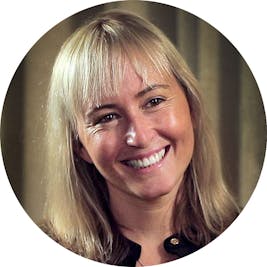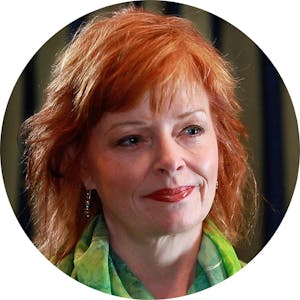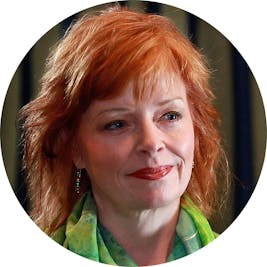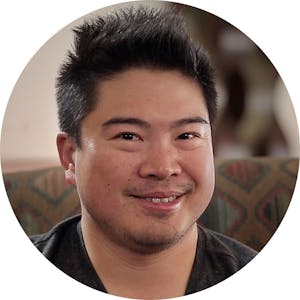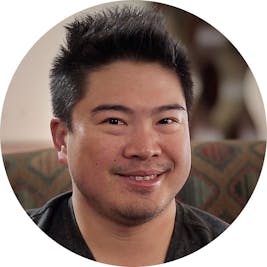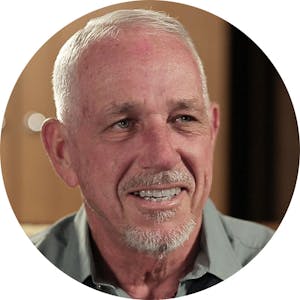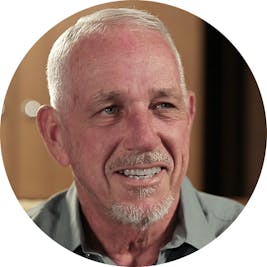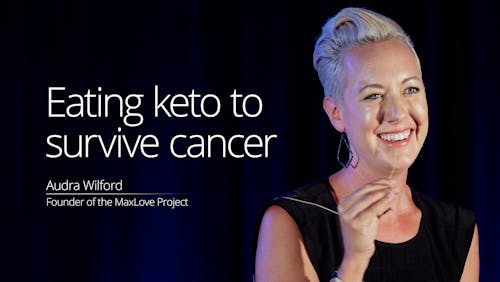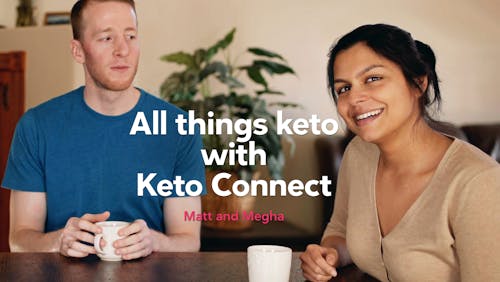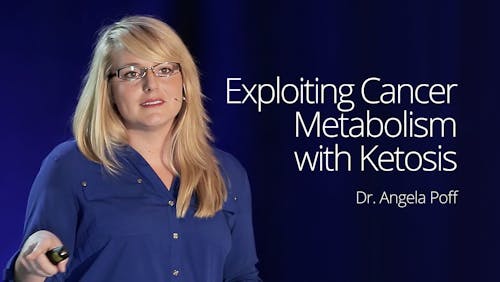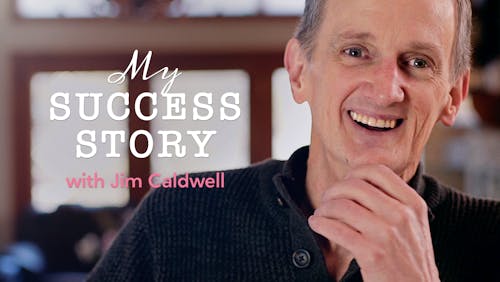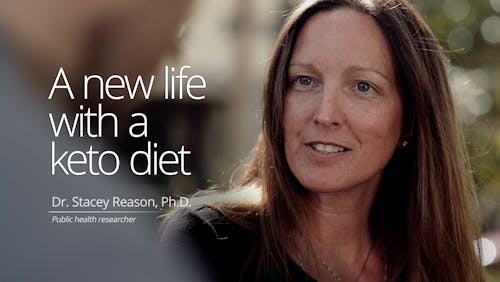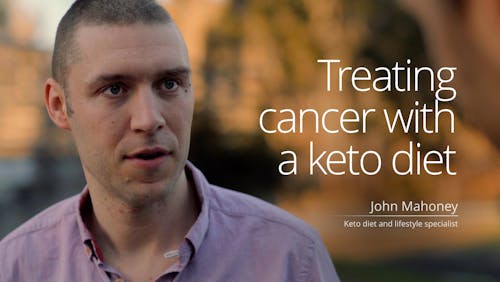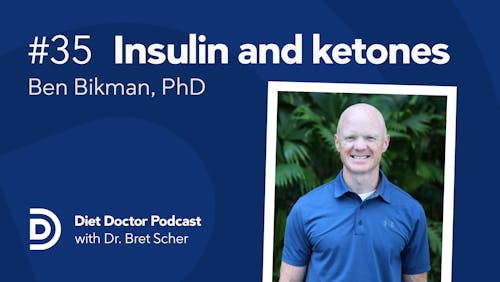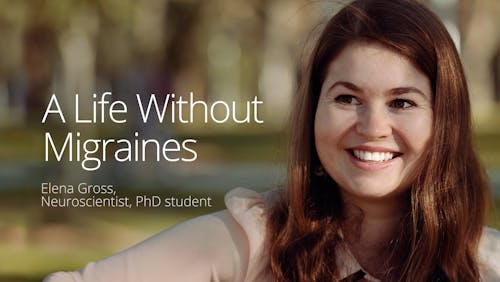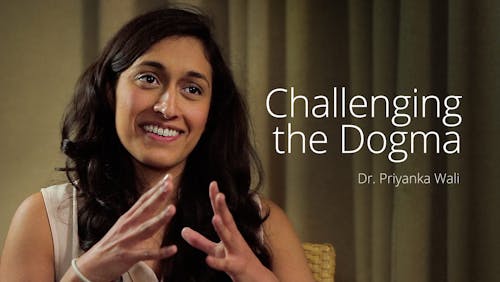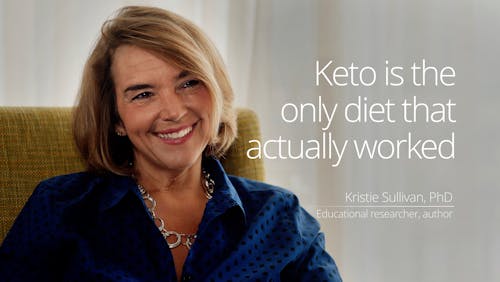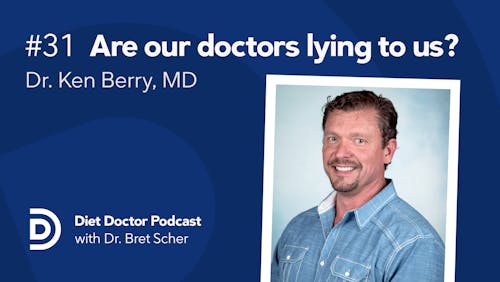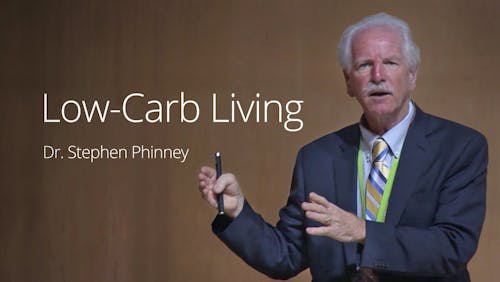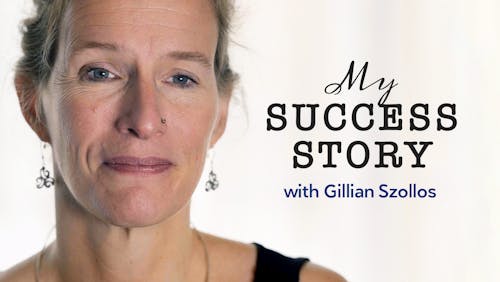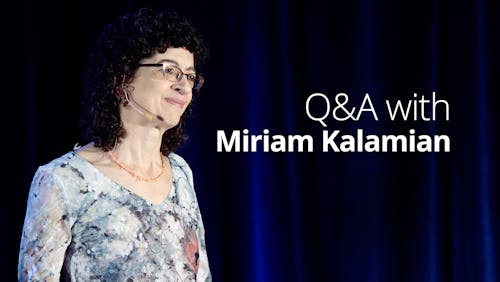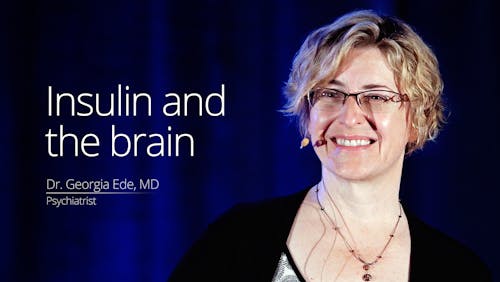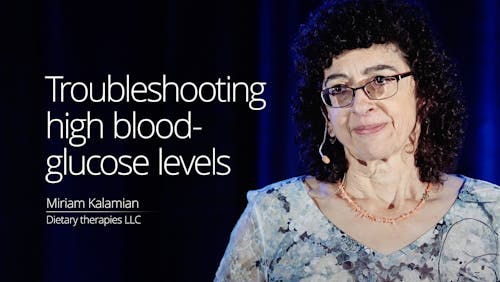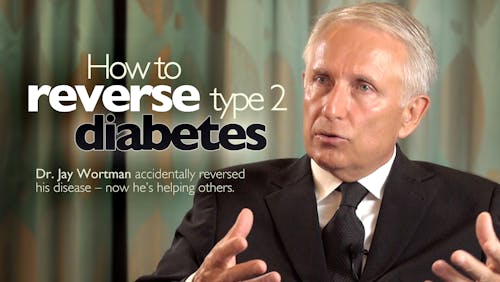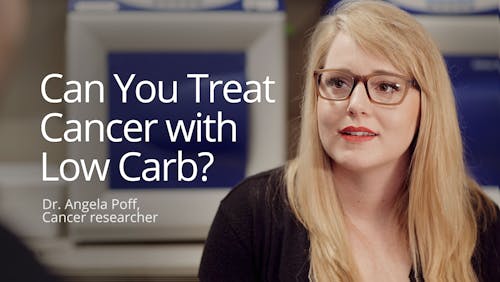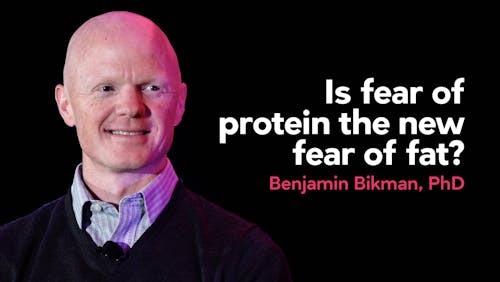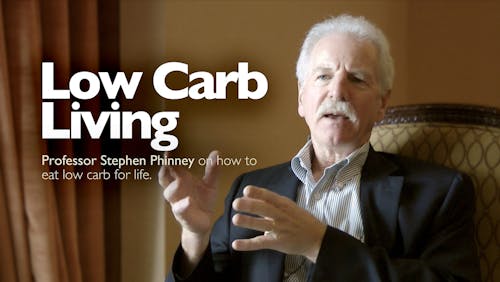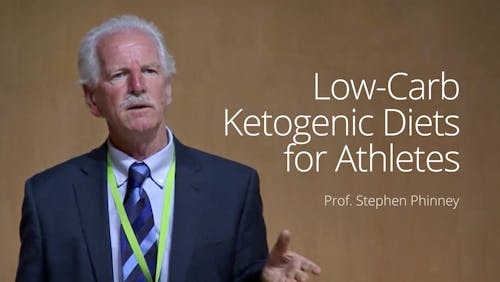Adele, 56: 20 years low carb, 60 pounds lighter, rarely needs to ‘slow down’
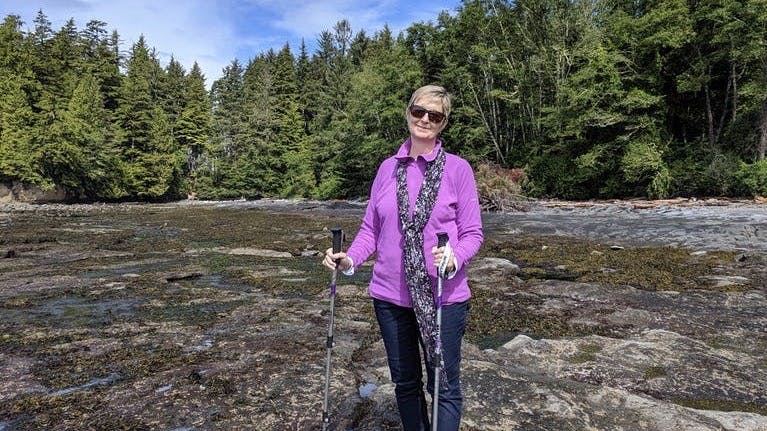
Adele Hite
Adele, 56, first started eating low carb in 1999. Back then, “it wasn’t called ‘keto,’ ” she explains. Instead, the first low-carb diet she tried was called “Protein Power,” a way of eating developed by Drs. Mike and Mary Dan Eades.
Like a lot of low carbers, Adele was spurred by many factors to change up her diet and cut out carbohydrates. But, at the time, she was primarily concerned with her struggle to lose weight after having her third child.
And, she’d also been told that she had pre-diabetes and pre-hypertension, which wouldn’t resolve without her losing weight.
Today, nearly two decades later, Adele is still low carb. “I did lose a lot of weight, over 60 pounds (27 kilos), but more importantly, my diagnosis of pre-diabetes and pre-hypertension went away and never came back,” she says.
Here, Adele shares her inspiring journey with low carb — plus, her top three tips she thinks every new low carber should try. This interview has been lightly edited for length and clarity.
How did you discover keto?
Adele: My first hint that there was a different way of thinking about nutrition came from an unhappy encounter with my doctor. I had been trying to lose weight after the birth of my third child in the same way a lot of people do… by reducing dietary fat and tracking calories in and out.
Although I was very strict with my diet and exercise, I did not lose much weight and after a time, began to regain. I thought there must be something wrong with me — maybe my thyroid? And so, I paid a visit to my family doctor.
He told me my thyroid was fine, but that I needed to eat less and move more! I was so upset that I burst into tears. The doctor left the room in a hurry and sent in his physician assistant (PA) to calm me down. I will never forget that moment.
The PA said, in sort of a hushed whisper, that maybe I shouldn’t worry so much about cutting back on fat, that it was really the carbs that I didn’t need. And he told me that if I was going to exercise as much as I was, I really needed to not skimp on protein.
How did you then start pursuing keto?
Adele: After that day at the doctor, I spent a few months hunting through the stacks at the University of North Carolina Health Sciences Library. My youngest was still a baby then. He would nap in his stroller and I would pull out the old nutrition textbooks and try to learn what I could before he woke up.
I kept reading that “body fat is stored energy” and “carbohydrates are mostly for energy.” So, I wondered why do I need to eat ‘energy’ if I already have plenty of it stored on my backside? I also read a lot about how important protein was to good health. That theme came up over and over.
But, I was still really confused. Everyone said “Americans eat too much protein,” so how could I not be getting enough? And I had always heard that carbs were really important to a healthy diet, so I didn’t think it could be right to really reduce them by very much.
Later, while spending time with my kids at the local library, I saw a stack of books — and one title jumped out at me: Protein Power. I started flipping through it, and I read this sentence: ‘The actual amount of carbohydrate required for humans is zero.’ Here was a book, written by two doctors, that said what I had been afraid to believe. Of course, I checked the book out, started following the advice in the book — and I never looked back.
What has been rewarding about living low carb?
Adele: The most rewarding thing for me personally is that, as I got older, I didn’t — and don’t — have much of a need to “slow down.” I went back to graduate school at 46, started a PhD program when I turned 50, and started a new, fast-paced job at Diet Doctor when I was 55. Before I started eating this way, back in my thirties, I barely had enough energy to get through a day. I just never feel that way anymore.
Have you influenced anyone around you to live low carb?
Adele: Yes, thankfully. My dad was diagnosed with full-blown diabetes in his 60s. His doctor offered him two choices: He could start taking metformin or he could reduce the sugars and starches in his diet.
My dad knew that I did that myself, so he figured he could too! I gave him some pointers — and more importantly, a glucometer — and that took care of it. His diabetes never progressed. He never went on any diabetes medication. And in fact, his HbA1c level normalized after about a year and stayed that way.
What has been the hardest about sticking to low carb, anything you miss?
Adele: It used to be a lot harder. If I wanted to make low-carb cookies or crackers, I had to make them myself from scratch. The non-caloric sweeteners that we had available were pretty limited and didn’t work very well or taste very good. And now, there are so many more products for low-carb baking and cooking that are readily available.
In the past, if I wanted to use almond flour, I had to grind it up myself in my food processor. Now I can get big bags of it at Costco.
Restaurants are much more accommodating now, too. No one blinks an eye when I order my burger without a bun. I really don’t have much of an opportunity to “miss” foods I like. I can make almost all of them in low-carb versions!
What are your top three tips for someone who’s new to keto?
- Reduce your intake of sugars and starches. You can do it cold turkey or you can take it slow (like the six steps down carb mountain), but that is the most important ‘tip.’
- Get adequate protein every day. When I started out in low carb — and I believe Dr. Westman still offers this same advice in his clinic today — protein foods were unlimited. This was how Atkins did it. You could eat as much protein food as you wanted. Nobody then was afraid of eating ‘too much’ protein, and I don’t think it is a very well-founded fear for most people now.
- Add fat only as needed. Today’s ‘keto’ diet makes it sound like eating as much fat as possible is the most important part of the diet. It isn’t. This ‘fat can’t make you fat’ attitude with the ‘new wave keto’ is exactly like the ‘carbs can’t make you fat’ attitude that we got with the low-fat diet craze. It doesn’t make any sense to me.
What’s your favorite part about working for Diet Doctor?
Adele: My favorite part about working with Diet Doctor? I don’t even know where to start. I love the people I work with, and I love our company’s mission. Every day is another chance to give people all over the world the best information possible about how to improve their health — what could be more inspiring than that?
More with Adele:
Be sure to check out this week’s episode of the Diet Doctor Podcast — featuring Adele!
Most popular success stories
All success stories
Share your story
Do you have a success story you want to share on this blog? Send it (photos appreciated) to success@dietdoctor.com, and please let us know if it’s OK to publish your photo and name or if you’d rather remain anonymous. It would also be greatly appreciated if you shared what you eat in a typical day, whether you fast etc. More information:
Share your story!More
Keto
Support
Do you want to support Diet Doctor and get access to bonus material? Check out our membership.
